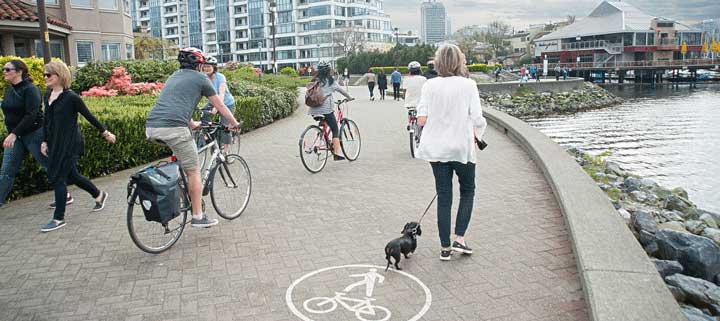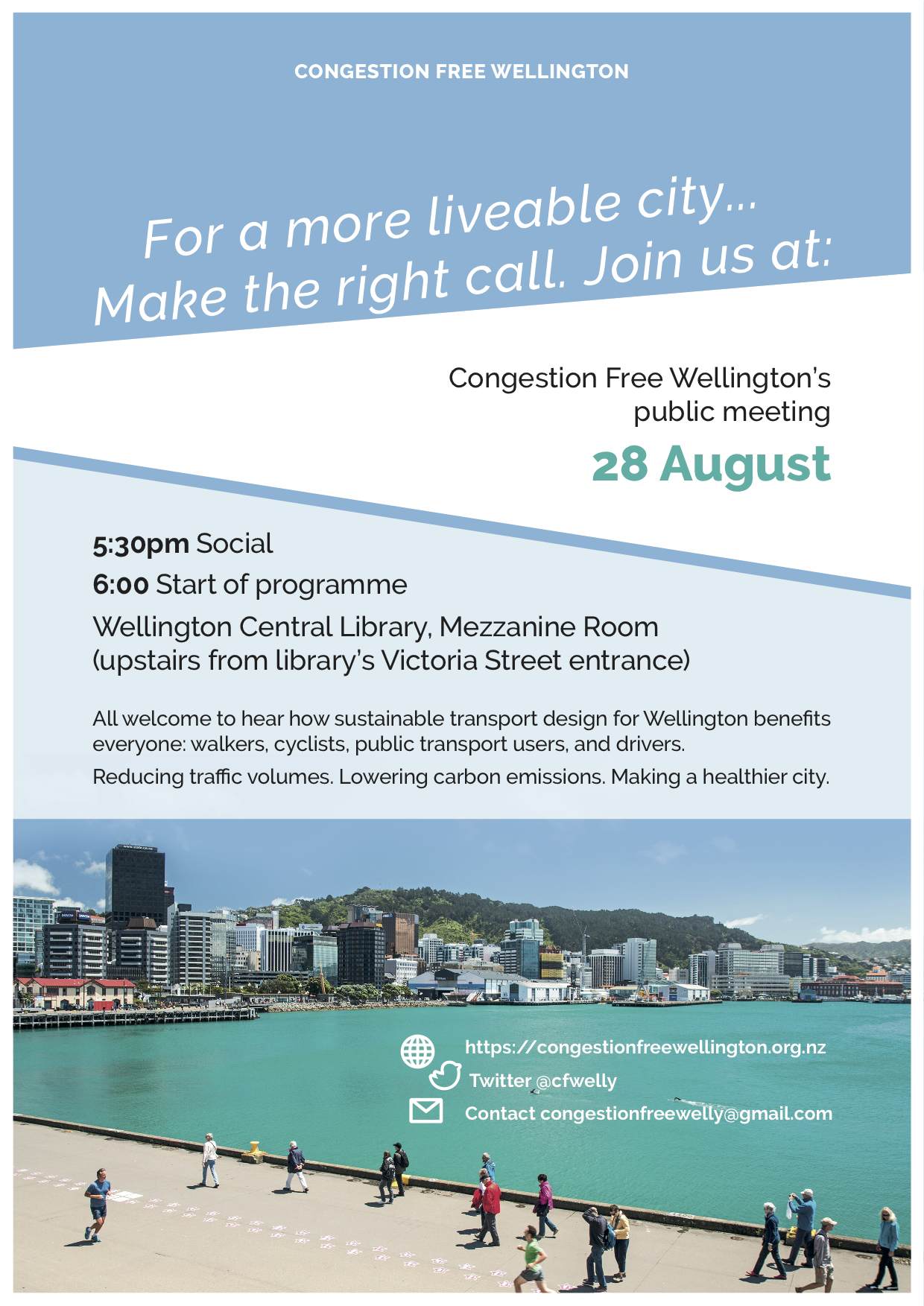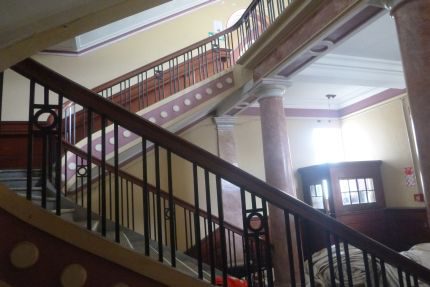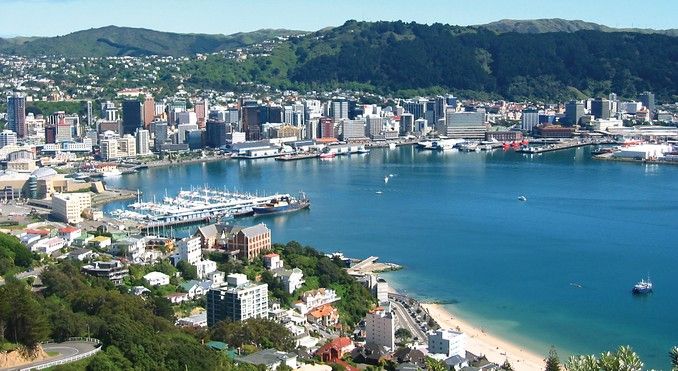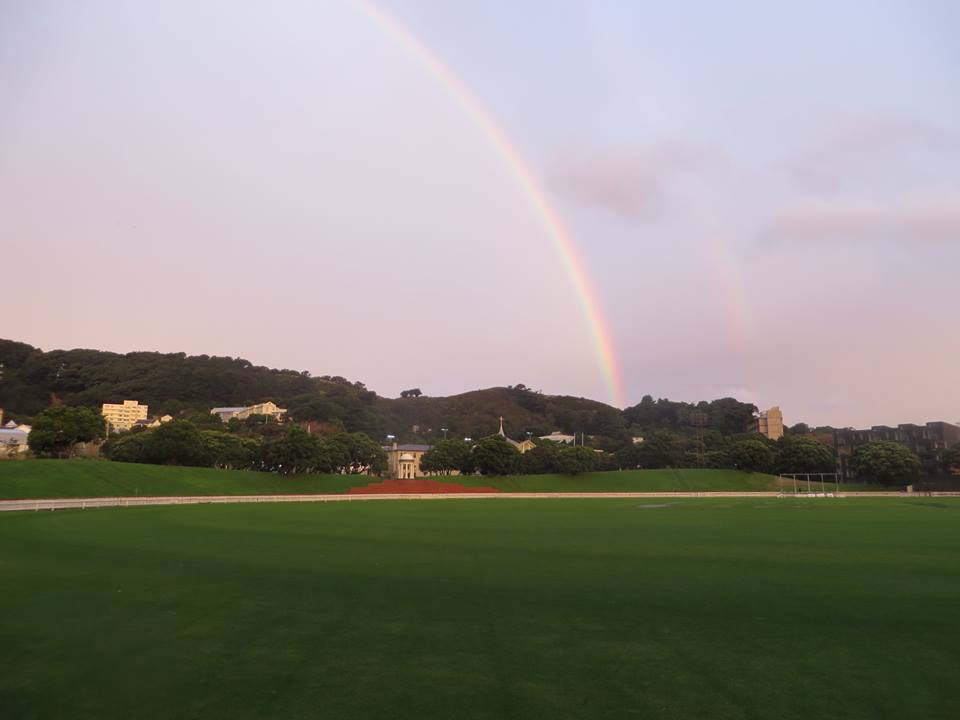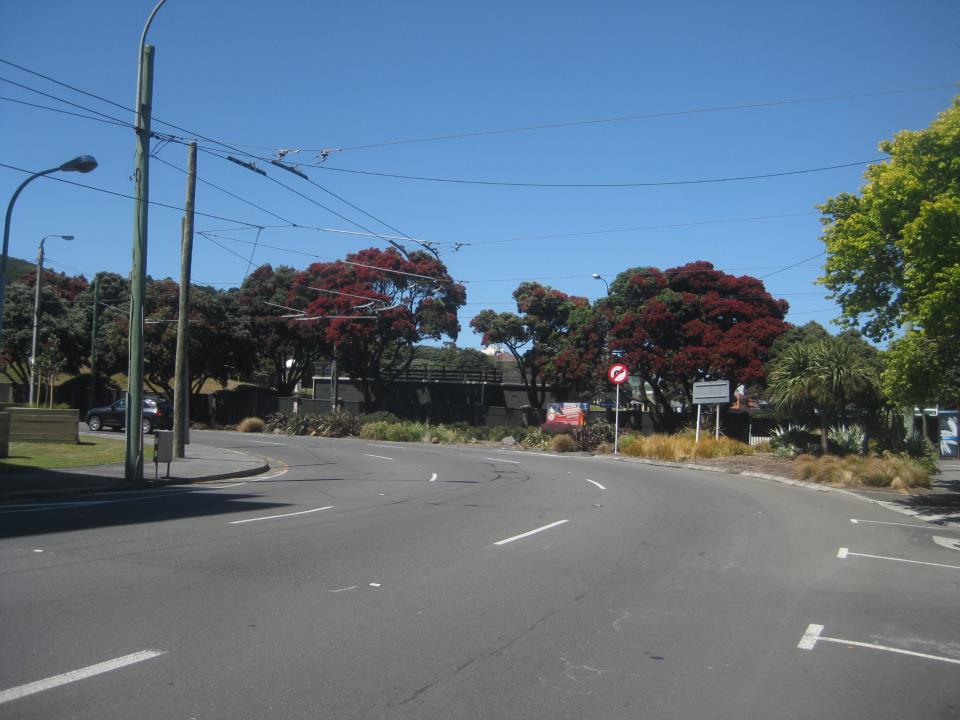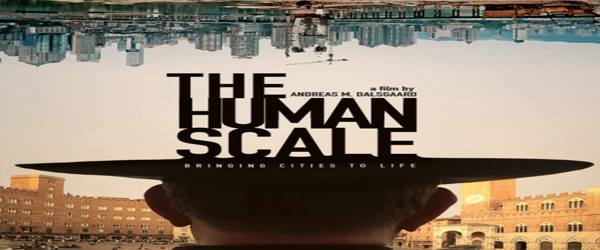The Save the Basin Campaign Inc. 2018 AGM will be held as follows:
When: Thursday 22 November, 5.45pm
Where: Mezzanine Room, Central Library, 65 Victoria Street
Programme: AGM at 5.45pm followed at approx 6.15pm by guest speaker Councillor Roger Blakeley, and a panel discussion featuring Cllr Blakeley and Save the Basin Campaign Inc. co-convenors Jo Newman and Tim Jones.
All are welcome to attend the AGM, listen to the speaker, and participate in the panel discussion. However, only people who are formal members of the Save the Basin Campaign Inc. will be able to participate in the business of the AGM.
About our speaker
Following the conclusion of the formal AGM, Dr Roger Blakeley will be our guest speaker. Dr Blakeley is a Councillor in the Greater Wellington Regional Council and Member, Capital and Coast District Health Board. He is a former Chief Executive of the Ministry for the Environment (1986 to 1995), and has held many other significant roles in central and local government. He has a deep knowledge of and interest in transport issues.
Cllr Blakeley’s topic will be “Essentials of a 21st Century Transport Strategy”, and following his presentation, there’ll be a panel consisting of Cllr Blakeley and Save the Basin Campaign Inc. co-convenors Jo Newman and Tim Jones. We expect to finish the formal business of the AGM by 6.15pm, and then have approximately 20 minutes each for Roger’s presentation and the panel that follows – so we’ll finish around 7pm.
About the panel discussion
The panel discussion following Cllr Blakeley’s presentation will feature Cllr Blakeley together with current Save the Basin Campaign Inc. co-convenors Jo Newman and Tim Jones.
There are some questions Cllr Blakeley may not be able to respond to due to his elected roles. However, individually or collectively, the panel should be able to address a wide range of Wellington transport topics, ranging from broad issues of transport strategy, to current and forthcoming Wellington transport developments, to current and planned future developments at the Basin Reserve.
